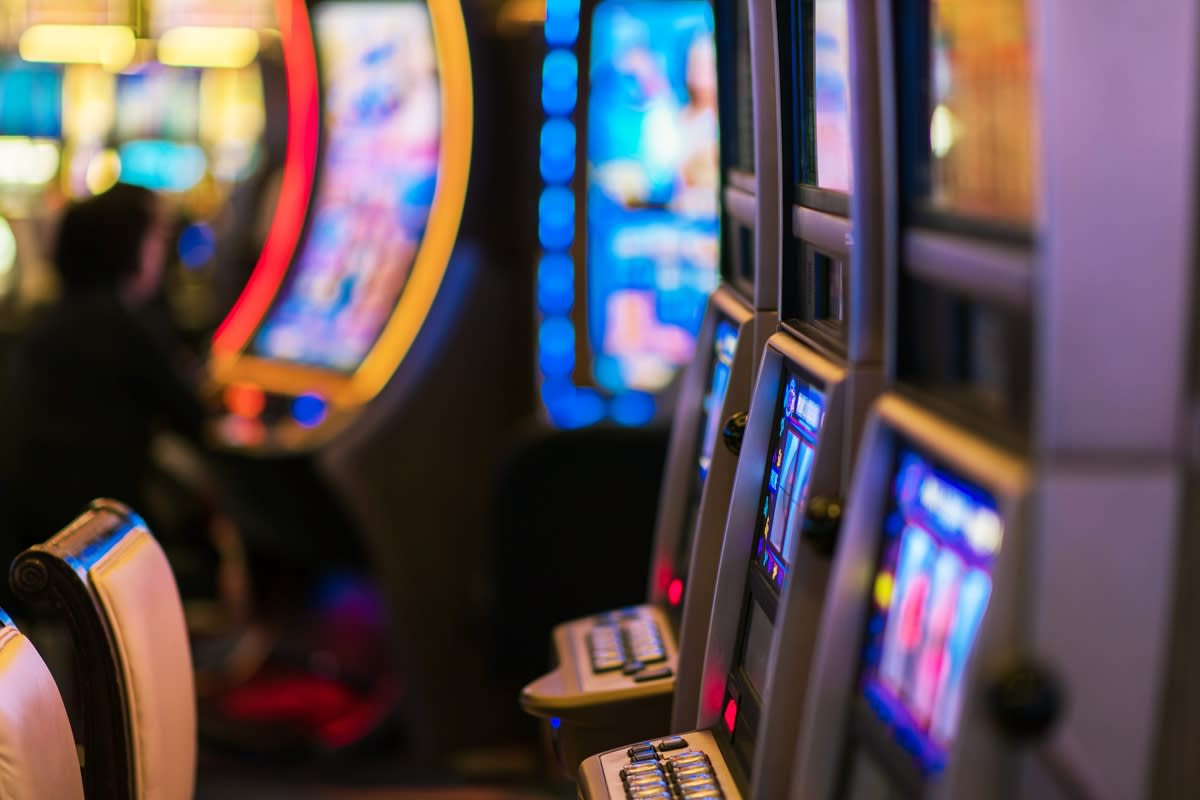
One of the world’s largest private equity companies, Blackstone Inc., has made a revised offer for Crown Resorts Ltd, the company that owns and operates Crown casinos in Melbourne and Perth.
Crown is also currently attempting to persuade the NSW gambling regulator that it is “suitable” to operate its newly developed Barangaroo “high-roller” casino on Sydney Harbour.
Crown set to accept $9b takeover offer from Blackstone https://t.co/Wx3pBEAzNl— The Sydney Morning Herald (@smh) 13 February, 2022
Crown’s fortunes have been in the doldrums recently, following media exposure of its connections to major criminal syndicates, extensive money laundering activity, its unlawful operations in China and elsewhere, and its disinterest in implementing harm prevention and minimisation measures at its casinos.
Media coverage of its staff being arrested and detained in China for flouting that country’s anti-gambling regulations, and the investigative journalism of The Age, Sydney Morning Herald and the Nine Network, led to a NSW inquiry that concluded that Crown was not a suitable operator for the Barangaroo casino.
Subsequent royal commissions in Victoria and Western Australia have revealed a further plethora of malfeasance, including further allegations of money laundering, well-documented breaches of the casino’s own “responsible gambling” code of conduct, underpayment of gambling taxes, and bullying and harassment of the Victorian gambling regulator.
In WA, conflicts of interest involving the casino regulator appear to have led to poor decision-making and lax regulatory action.

The Victorian royal commission also found Crown to be unsuitable to operate the casino, but decided that the effect of shutting it down while a new operator was found would be excessive. Instead, a special manager has been appointed to oversee the casino’s operations until it can render itself suitable.
The report of the WA royal commission is due in March.
The inquiries in NSW and Victoria have already meant that the senior management and board of the company have been almost entirely replaced, with the notable exception of Jane Halton. New chair Ziggy Switkowski resigned as chancellor of RMIT University to take up the position (on the basis of a backlash from university staff and students). The company is now engaged in a process of fixing the issues that brought about its spectacular fall from grace.
Meanwhile, Crown’s existing casinos continue to operate. James Packer, who owns 37% of the shares, is the largest investor in the company.
Whatever happens, if Blackstone acquires Crown, it will have to operate very differently, at least in the short term.
Whether Blackstone can acquire the company will depend on his acceptance of the offer, which is now at $13.10 per share.
Packer has been attempting to sell down his interest in the company for some time. Indeed, the sale of a parcel of shares to Melco, a company controlled by Packer’s former business partner Lawrence Ho, was part of the reason the NSW inquiry was implemented. Ho’s father, Stanley, was linked to serious organised criminal syndicates. Although Crown had declared itself free of such associations, the Bergin inquiry found otherwise.
Melco sold its parcel of shares (9.9% of the company) to Blackstone for $550 million in April 2020. Blackstone thus became the second-largest investor in the company.
Blackstone offered to buy the company in January with a bid valued at $8.9 billion, giving Packer a price of $3.26 billion. He is now reported to have endorsed the deal.
For the deal to be finalised, Blackstone must complete its due diligence checks on the company and gain regulatory approval in three Australian jurisdictions. If a better offer emerges, that may also derail the current proposal.
A different gambling landscape
Blackstone isn’t exactly getting a bargain – Crown’s share price was $6.12 in March 2020, and Blackstone paid $8.15 per share for Melco’s 9.9% in April 2020. However, the price on offer is well down from Crown’s high point of $17.55 per share in March 2014.
The issue for Blackstone is whether the casino business will continue as a licence to “print money”. Findings from the NSW and Victorian inquiries should mean relevant authorities will be very much alert to revenue derived from criminal activity, such as that laundered through Crown’s existing casinos.
Junket operations (organised tours of high-rollers organised by often suspect overseas agents) will be either outlawed or subject to very close scrutiny. Overseas high-rollers (often with criminal or illicit connections) have not been easily able to visit Australia recently. Even middle-class Chinese tourists with a penchant for gambling (for example) are not currently available to pour funds into Barangaroo, currently licensed as a no-pokies, high-stakes casino not generally available to local residents.
What is undoubtedly required ... is a system of regulation that applies consistent standards to Australian gambling operators, especially casinos.
Even more significantly, Victoria’s royal commission found that Crown’s conduct in relation to harm prevention and minimisation was egregious and among its greatest failings.
If Royal Commissioner Ray Finkelstein’s full suite of recommendations is implemented, a pre-commitment system will be introduced, allowing gamblers to limit time and money spent gambling, with compulsory breaks from gambling enforced using the casino’s data systems.
If these are effective, as experience overseas suggests they would be, Crown’s main floor revenue (poker machines and low-stakes table games) will decline. A significant amount of revenue is derived from people experiencing serious harm from gambling. If this is circumvented or even modestly reduced, revenue will decline.
So far, the Victorian government has implemented eight of the 33 recommendations in the royal commission’s report. None of those so far implemented address the harm prevention or minimisation recommendations.
We can expect Blackstone to adapt to this environment in several ways.
It can do what Crown has always done, and seek to influence government decisions and policy in its favour. It can adapt to the changed regulatory environment with cost-reduction measures, including staff cuts and major restructuring of the company’s assets. It’s very likely to attempt to have the Barangaroo licence renegotiated to allow for electronic gambling machines (pokies) to prop up a revenue flow severely disrupted by pandemic (and other) restrictions.

Whatever happens, if Blackstone acquires Crown, it will have to operate very differently, at least in the short term. Barring complete capitulation by regulators on such issues as money laundering, harm prevention, infiltration by criminal syndicates, and licence conditions, revenue will fall.
There are many lessons from the Crown debacle, but the most important is that no corporation should be allowed to become too big or too powerful to be effectively regulated.
Crown’s management and board reeked of hubris, as characterised by the history of political influence and intimidation of the regulator uncovered by the royal commission.
The political and other networks of the Packer family certainly advantaged Crown over many years. Packer now appears likely to exit the company. Whether that reduces the likelihood of Australian casinos becoming too big to regulate remains to be seen.
What is undoubtedly required (and was recommended by the NSW inquiry) is a system of regulation that applies consistent standards to Australian gambling operators, especially casinos.
Even better would be a federal regulator to make sure those standards are effectively, and consistently, enforced. Until we get serious about regulating high-impact gambling, we can anticipate high levels of harm, facilitation of money laundering and criminal involvement, and increasing costs to society.





